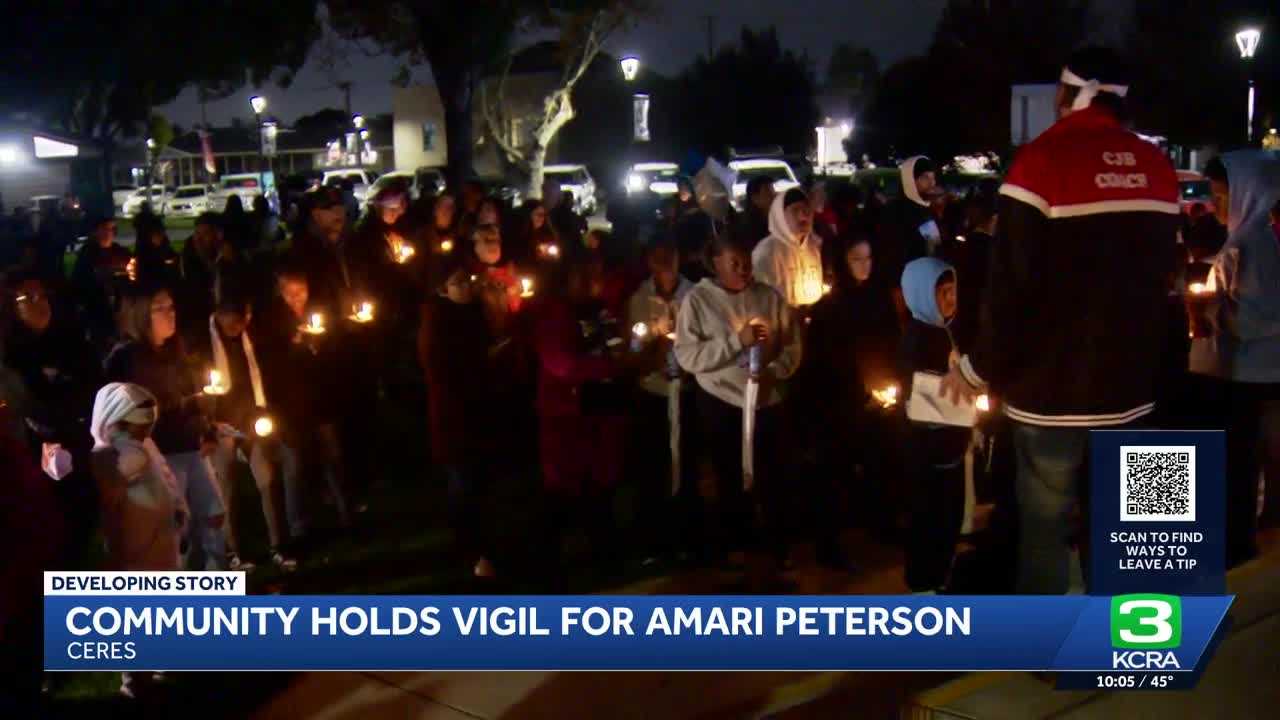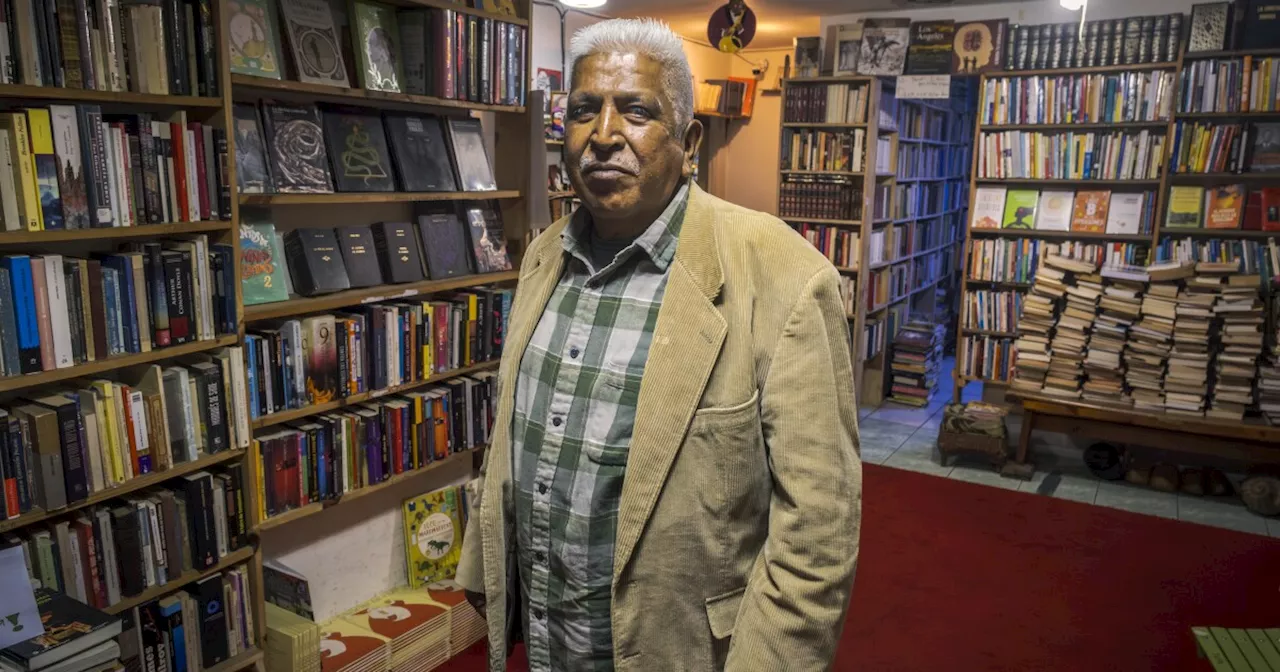Activists in Alabama are honoring the life and legacy of transgender rights pioneer Miss Major Griffin-Gracy, who significantly influenced the Black trans liberation movement. On what would have been her birthday, a memorial service was held at the Mosaic Templars Center in Little Rock, Arkansas. Miss Major passed away on October 18, 2023, leaving behind a legacy spanning over five decades of activism.
Miss Major was a key figure during the historic Stonewall Riot in June 1969, known for her fierce resistance against police harassment of LGBTQ+ individuals. In the 1980s, she founded a group called Angels of Care, which provided support for those affected by the HIV/AIDS epidemic. After relocating to Arkansas in 2018, she established a sanctuary for trans individuals, emphasizing the importance of rest and community. Throughout her life, she inspired many with her mantra, “I’m still f**king here!”
Her influence is evident in two Black trans-led organizations in Alabama: TAKE and TKO. These nonprofits have been instrumental in providing essential services such as food, housing, and support to the transgender community. They emerged in a state that has seen escalating anti-trans policies, including legislation that criminalizes gender-affirming care for minors.
On a recent Tuesday, the Alabama Public Library Service debated a policy that would ban books related to “transgender ideology” from youth sections. In this context, TKO became the first Black and trans-led AIDS service organization and STD/STI clinic in Alabama.
Daroneshia Duncan-Boyd, founder of TAKE, highlighted Miss Major’s teachings on community building. “We have to stay together. We must continue to fight,” she stated, emphasizing the importance of resilience within the community.
Duncan-Boyd recalls her first encounter with Miss Major nearly a decade ago at the Black Girls Rulez convention. Their meeting sparked a deep bond, with Miss Major referring to Duncan-Boyd as her daughter. “It was an honor to take in the wisdom from someone whose activism goes back as far as Stonewall,” Duncan-Boyd said.
The urgency of addressing the needs of Black trans individuals has never been more critical. A 2011 analysis by the National LGBTQ Task Force revealed alarming disparities faced by Black trans people, including an unemployment rate of 26%, homelessness affecting 41%, and 34% earning less than $10,000 annually. Today, TAKE operates as a multimillion-dollar nonprofit, offering services like job training, legal assistance, and wellness programs, alongside an emergency shelter named Gloria’s Safe Haven.
Miss Major’s impact extended beyond her activism. TC Caldwell, Executive Director of TKO, shared their admiration for her street-level advocacy. “She would hop in her Cadillac and check on her girls. That was her Batmobile,” Caldwell remarked.
Miss Major frequently visited Alabama, supporting both TAKE and TKO. During these visits, she engaged with community members, offering hugs and encouragement. Caldwell noted that Miss Major approached her work from a place of compassion, focusing on nurturing rather than seeking recognition.
Throughout the 1990s, Miss Major led a transgender drop-in clinic in San Francisco, directly addressing the healthcare needs of unhoused trans individuals. Today, TKO continues her legacy by assisting trans people traversing a challenging medical landscape, connecting them with gender-affirming healthcare providers.
The importance of joyful activism is another lesson Miss Major imparted. Caldwell emphasized that while fighting for justice, it’s essential not to lose sight of joy. “Miss Major not only changed the way we organize but also the way we love our people,” they stated. “She taught us to prioritize care first.”
With ongoing challenges, including discrimination and societal hostility, the work of organizations like TAKE and TKO remains vital. The House of GG, founded by Miss Major, serves as a sanctuary for trans individuals, providing a space for relaxation and community building.
Duncan-Boyd recalls how Miss Major encouraged her to create spaces for Southern Black trans women to gather and restore themselves. “She empowered me to get my rest because that’s what the House of GG was about: making sure that we rest,” she explained.
Miss Major’s influence persists through activists like Duncan-Boyd, Caldwell, and others who carry her legacy forward. Banks, another activist, emphasized the importance of honoring Miss Major’s memory. “We’re gonna chant her name till we can’t chant no more. No matter what the universe says, she’s still alive,” Banks said, reflecting on the enduring impact of Miss Major’s spirit.
As activists continue to face systemic challenges, the commitment to joy and justice remains paramount. The work initiated by Miss Major and carried on by organizations in Alabama serves as a testament to the power of community and resilience in the face of adversity.







